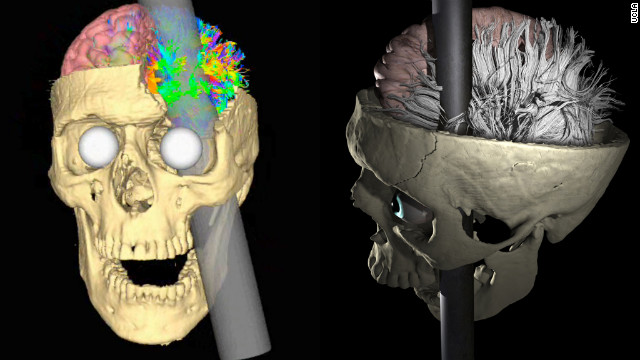A socially intelligent robot must be capable to extract meaningful information in real time from the social environment and react accordingly with coherent human-like behavior. Moreover, it should be able to internalize this information, to reason on it at a higher level, build its own opinions independently, and then automatically bias the decision-making according to its unique experience. In the last decades, neuroscience research highlighted the link between the evolution of such complex behavior and the evolution of a certain level of consciousness, which cannot leave out of a body that feels emotions as discriminants and prompters.
In order to develop cognitive systems for social robotics with greater human-likeliness, we used an “understanding by building” approach to model and implement a well-known theory of mind in the form of an artificial intelligence, and we tested it on a sophisticated robotic platform. The name of the presented system is SEAI (Social Emotional Artificial Intelligence), a cognitive system specifically conceived for social and emotional robots. It is designed as a bio-inspired, highly modular, hybrid system with emotion modeling and high-level reasoning capabilities. It follows the deliberative/reactive paradigm where a knowledge-based expert system is aimed at dealing with the high-level symbolic reasoning, while a more conventional reactive paradigm is deputed to the low-level processing and control.
The SEAI system is also enriched by a model that simulates the Damasio’s theory of consciousness and the theory of Somatic Markers. After a review of similar bio-inspired cognitive systems, we present the scientific foundations and their computational formalization at the basis of the SEAI framework. Then, a deeper technical description of the architecture is disclosed underlining the numerous parallelisms with the human cognitive system. Finally, the influence of artificial emotions and feelings, and their link with the robot’s beliefs and decisions have been tested in a physical humanoid involved in Human–Robot Interaction (HRI).
(…) In this paper, a novel cognitive architecture for social robots has been presented. We selected a well-known mind theory to be modeled and implemented in the form of a cognitive system controlling an emotional robot with sophisticated expressive capabilities. The developed system is called SEAI (Social Emotional Artificial Intelligence). In particular, it has been inspired by the findings of Antonio Damasio and it is consistent with the computational formalization made by Bosse et al. (
2008). It is based on a declarative rule-based expert system on top of procedural services deputed to the perception and motion control of the robot. Compared to other robotic cognitive systems, some of which discussed in the state-of-the-art section, SEAI has still some shortages: homeostasis control is missing, the agent’s physiological parameters are a symbolic representation, capabilities such as perspective-taking or mind-reading have been not yet considered.
… In conclusion, we believe that SEAI is a potential valuable tool for modeling human consciousness and, ultimately, a promising beginning to tackle the possibility to attribute to the robots a synthetic form of consciousness. In this latter case, ethical issues will become extremely relevant and critical.














 Reply With Quote
Reply With Quote

























